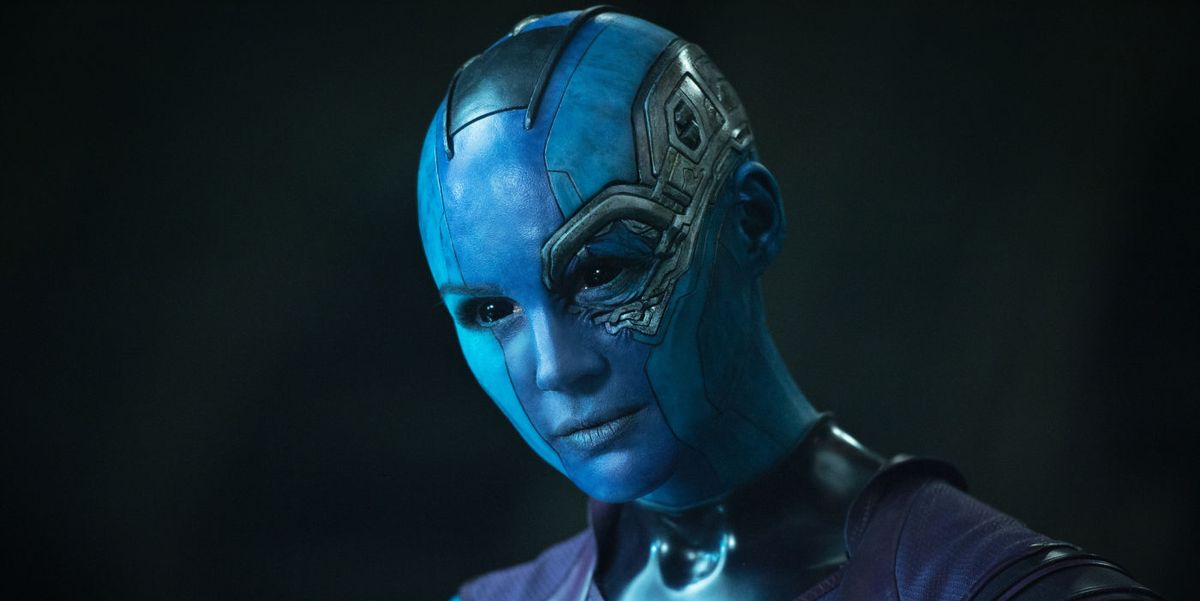#The Upper West Side rebels in the face of de Blasio’s homeless plague

“#The Upper West Side rebels in the face of de Blasio’s homeless plague”
Manhattan’s leftier-than-thou Upper West Side last month got a vagrant transfusion courtesy of de Blasio’s social-services apparatchiks — hundreds of profoundly troubled men dumped without warning, services or supervision into three hotels in a 10-square-block section of a neighborhood previously best known for Zabar’s bagels and sending Jerry Nadler to Congress.
What followed was predictable enough: “Public urination, defecation, masturbation, aggressive panhandling, cat-calling, failure to wear masks, stalking, drug dealing and crime,” as one disgusted neighborhood eyewitness described it.
Broadway and Amsterdam Avenue in the 70s and 80s were overrun; disorder began to leach into adjoining streets, and local parks became problematic for many dog-walkers, joggers and folks simply out for a stroll.
It wasn’t everywhere, of course, and not all at once. But a little bit of ranting insanity, public drug use and in-your-face cardboard-cup shaking can go a very long way indeed.
Official reaction was no surprise: Craven silence, spiced up by a condescending ration of please-sir-may-we-have-another from City Councilwoman Helen Rosenthal — who first implied objectors to the new policy were racists and then said another platoon or two of “people we haven’t seen before in our community” would be more than welcome.
But the neighborhood is having none of Rosenthal’s arrogance, nor de Blasio’s nonsense, either. A Facebook page meant to confront the crisis, Upper West Siders for Safer Streets, went from scratch to 10,500-plus members in the blink of an eye. A spinoff group, West Side Community Organization, set up a GoFundMe that raised more than $65,000 in three days. And then hired a smart lawyer.
It’s not just that Randy Mastro, a partner at Gibson Dunn, will bring lawyerly skills to the effort to re-stabilize the area. New York does not lack for able attorneys.
It’s that Mastro, as deputy mayor for operations in the first Giuliani administration, helped write the book on humanely dealing with street-level aberrational behavior — a process that is as much art as it is science, one that requires clear thinking, seriousness of purpose and an understanding that while aggressive vagrancy can’t be cured, it can be controlled.
It certainly was out of control when Rudy Giuliani became mayor in 1994. While the Upper West Side and similarly afflicted neighborhoods across the five boroughs may be heading in that direction today, their circumstances by no means compare to the crack-cocaine-driven chaos that prevailed then.
The addled and addicted were everywhere — crammed into single-room-occupancy hotels; on the streets; in the subways; in transportation terminals and under bridges and sidewalk scaffolding. Blue construction-tarp-capped vagrant encampments, rat-infested and garbage-strewn, were ubiquitous.
Then, almost overnight, all that changed. The city had reclaimed its public spaces — not completely, of course; it never will. But almost. What had happened?
The crack plague had begun to fade, which mattered — but official tolerance for chronic public disorder evaporated with Giuliani’s inauguration, and that made the difference.
“We understood that you can’t cram people into hotels without support,” says Mastro. “We coordinated proper shelter with appropriate services and [suddenly] people had alternatives. It worked.”
Left unsaid, because some things can’t be talked about, was the firmness with which the new policies were applied. The NYPD couldn’t force people into shelter, but it could keep vagrants in motion until most got tired and came in on their own. Think of it as well-coordinated, humanitarian persuasion.
An over-simplification? Perhaps. But the Giuliani programs worked well enough for Mike Bloomberg to adopt and maintain through his 12-year tenure — much to the city’s benefit.
Team de Blasio — especially the mayor himself — has neither the commitment nor the attention span for that sort of thing. Certainly the pandemic has accelerated things, but vagrants have been pooping in the Broadway medians for some time now, unbothered by the police.
That’s mostly going to end — that, and the lunatic ranting, the sexist harassment, the drug-addled lounging and the high-intensity panhandling — if Mastro and his angry clients have their way.
Yes, de Blasio has promised to make things better — but, as is well-known, follow-through isn’t what he does best. What happens if (when?) he boots it?
“Court,” says Mastro — a fellow who’s been there and done that. Good for him. Good for the Upper West Side.
Twitter: @rlmac2
If you want to read more Opinion News articles, you can visit our General category.
if you want to watch Movies or Tv Shows go to Dizi.BuradaBiliyorum.Com for forums sites go to Forum.BuradaBiliyorum.Com



